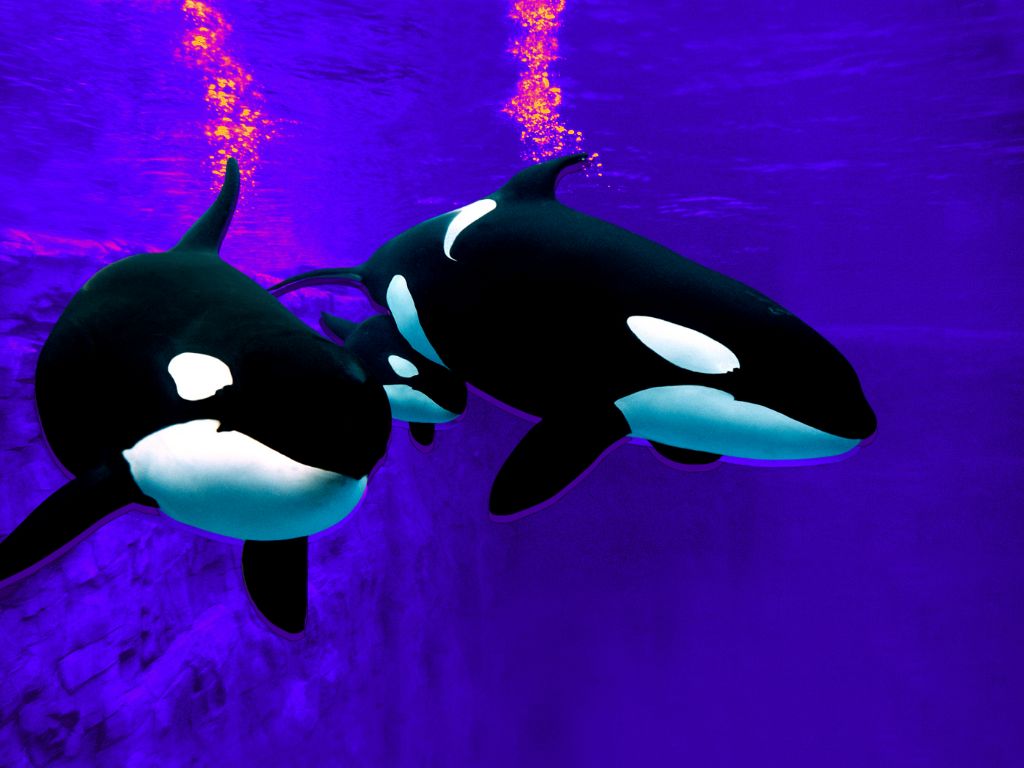
The Unapologetic Power of Post-Reproductive Life
About five years ago, I walked out of the bathroom at a party with a piece of tampon wrapper stuck to my shoe. A friend, 15 years younger, giggled and pointed, expecting me to be mortified. But in my late 40s at the time, older than many in my social circle, it was a point of pride, a humble brag: I still had my period.
Menstruating—or not—draws an invisible line between women. As teens, we tracked who had started and who hadn’t. It marked the beginning of something: puberty, maturity, possibility. And later, when perimenopause and menopause arrive, there’s a similar shift. Only this time, “maturing” feels like getting old. And we are, on some level, programmed to dread that. As Phyllis Diller put it: “Maybe it’s true that life begins at 50. But everything else starts to wear out, fall out, or spread out.”
Whether we wanted children or not, menopause is a biological curtain call. But what if menopause isn’t nature’s way of being done with us, but its way of recognizing our potential beyond the reproductive years? What if women over 50 aren’t declining—they’re ascending?
The Grandmother Effect Is Real
Among all species on Earth, only a handful have females who live long past their fertile years. Humans are one. The others (and this may feel like a dubious honor, especially if you’re experiencing menopausal bloat) are whales: belugas, narwhals, pilot whales, and, most famously, orcas.
Like us, female orcas stop reproducing in midlife but live for decades afterward—not by accident, but by evolutionary design. It’s a rare nod from biology, allowing us not just to stay in the story long after fertility ends, but to become central to it.
In orca pods, senior females often assist in caring for young calves, giving mothers a break and strengthening the entire community. That support—practical, essential—is key to their value.
They also seem to serve as emotional anchors, with studies showing they help reduce social tensions within the pod. Their presence helps smooth over conflict and fosters cohesion—something less measurable but deeply necessary. In the wild, that kind of stability keeps everyone alive, and would be impossible if the elder orca were still strapped with maternal duties to her own calves exclusively.
They are the intergenerational glue. If orca pods would collapse without their grandmothers, why do we sideline our own?
Retirement from Reproduction
We don’t have dorsal fins or swim in pods, but there are other parallels. Some of us are mothers or grandmothers; some of us aren’t. But we continue to serve as mentors and contributors to our families and friends, our workplaces, our culture, and the younger generation.
Most species aren’t granted this biological “time-out” called menopause—though scientists aren’t quite sure why. For the vast majority, once reproduction ends, so does life. It’s not that they die young, but rather that their fertile years extend through most of their lifespan. Take female elephants, for example. They can live up to 70 years and continue reproducing well into old age, as if fueled by endless energy (and patience).
But in humans (and whales), fertility ends earlier. This release from reproduction grants us space to redirect that energy into other interests and ambitions—leading to legacies beyond children.
Post-fertility Value
Unlike orcas, we don’t all live in pods. Our families may be scattered, chosen, or complicated, and our functions far from traditional. But we carry purpose and knowledge—about how things work, how they fall apart, how they’re fixed. We’ve navigated upheaval and reinvention. And that has value.
This is the upgrade. This is when we become the strategists, the oracles, the ones who know exactly where to go when times get tough.
We can offer that to younger generations. We can offer leadership based on life experience. We can work on the problems that will shape the future—climate change, rising inequality, broken systems in need of repair—not from the sidelines, but from hard-won insight and experience.
Evolution doesn’t waste energy. If we’re still here long past fertility, it’s because we have a role to play—not just through children, but through the presence, insight, and impact we bring to the world. We’re not just here to survive—we’re here to guide.
We’re social peacekeepers, not passive elders. We mediate disputes, enforce norms, and hold communities together. We protect. We remember. We lead.
We pass down knowledge, traditions, and the kind of wisdom that only comes with time: creativity, resilience, perspective.
We’re living libraries—keepers of memory who know where the “feeding grounds” are, such as emotional nourishment, financial survival, creative solutions.
As Betty White shared: “My mother always used to say, ‘The older you get, the better you get. Unless you’re a banana.’”
We’re not done. We’re vital. We have more to give. We’ve seen ourselves through one phase of biology’s purpose, and we’re ready for the next challenge.
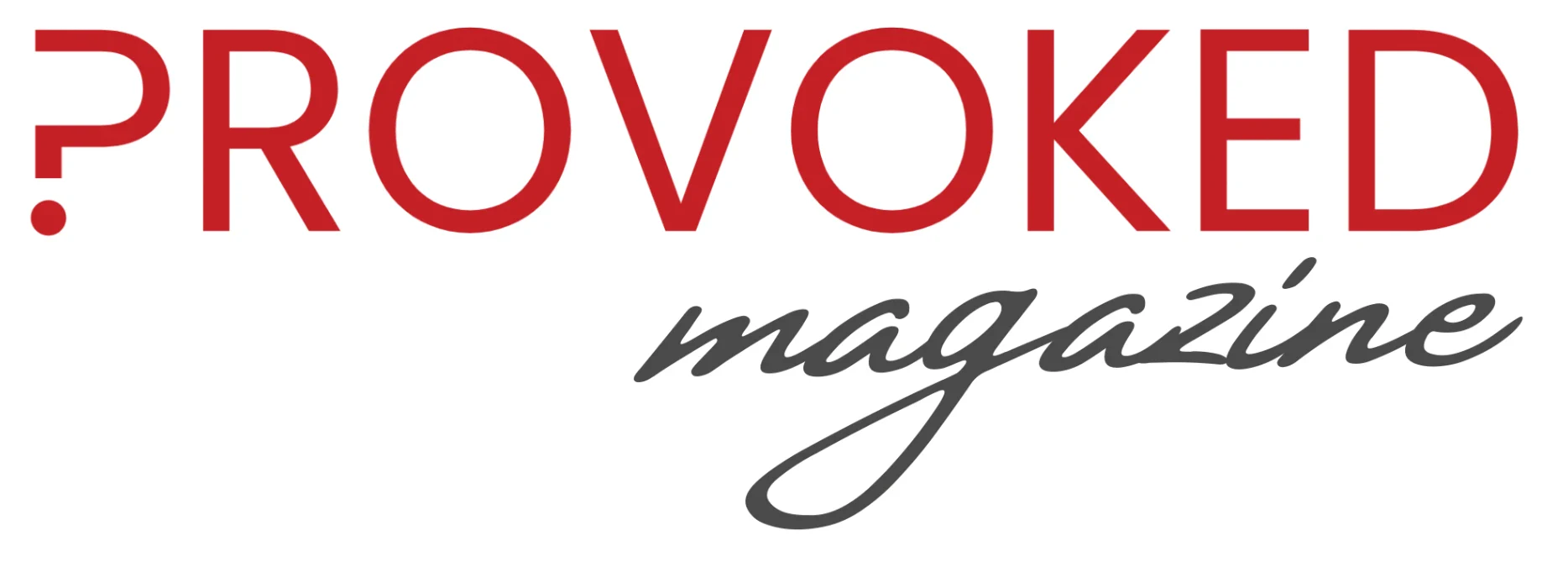
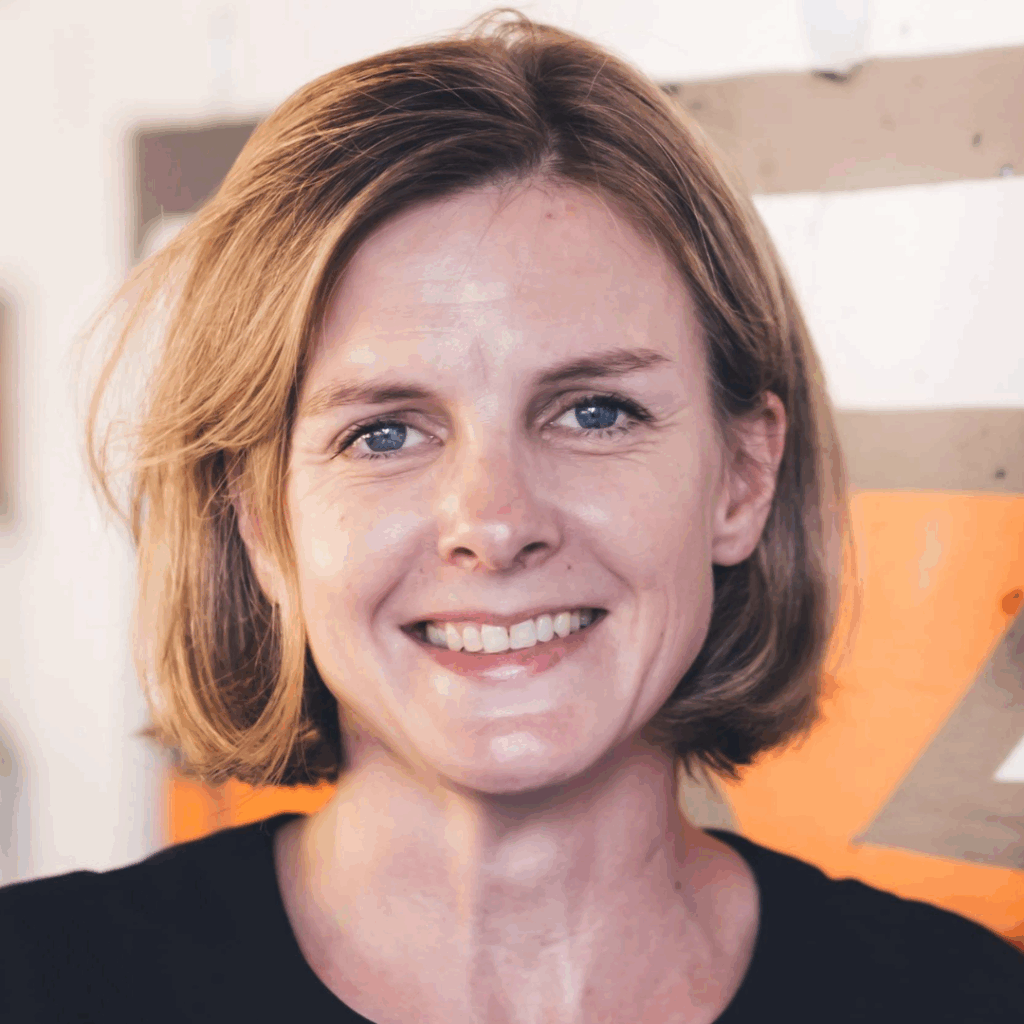
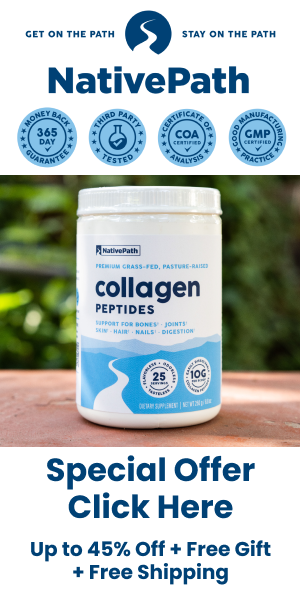
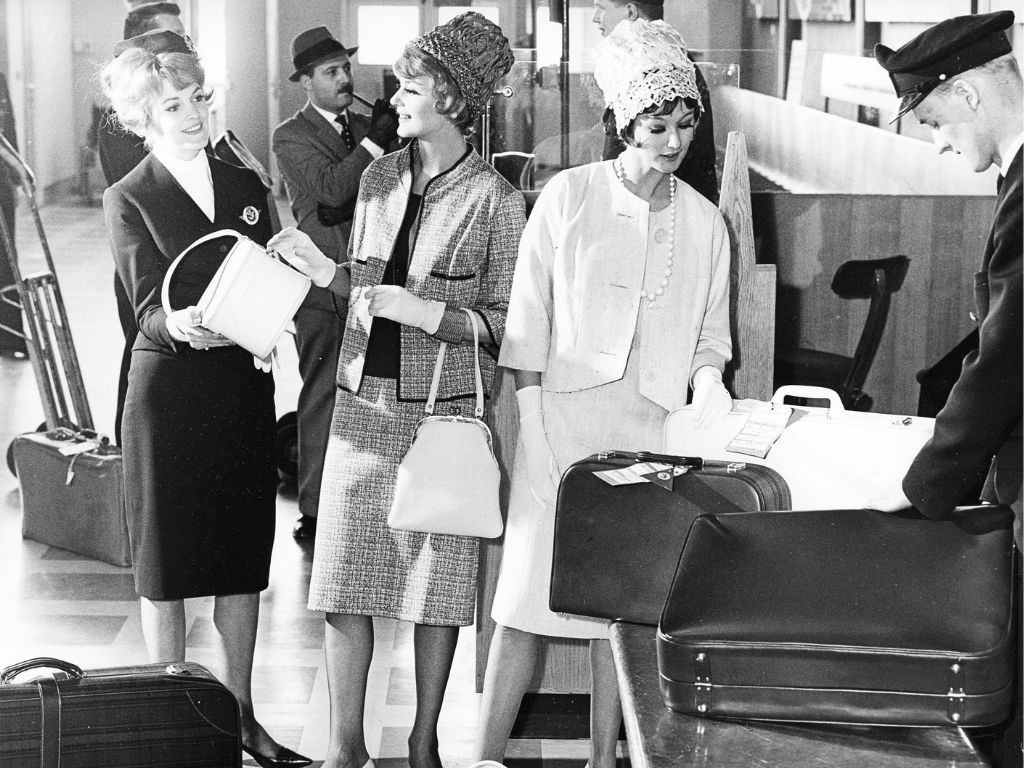
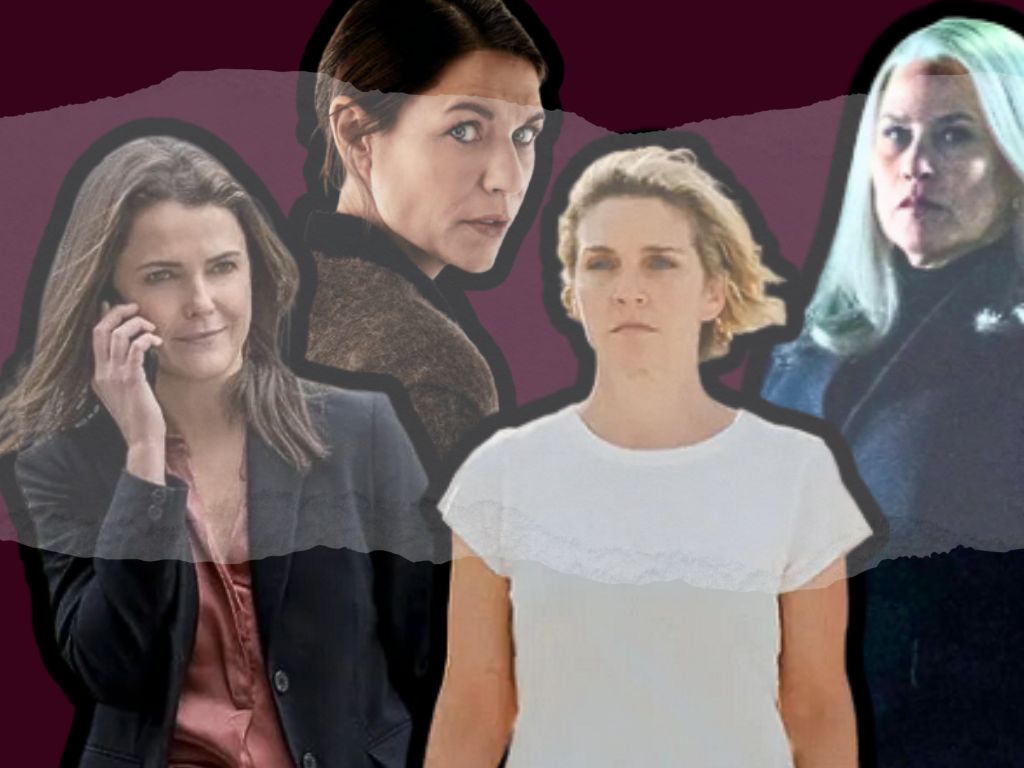
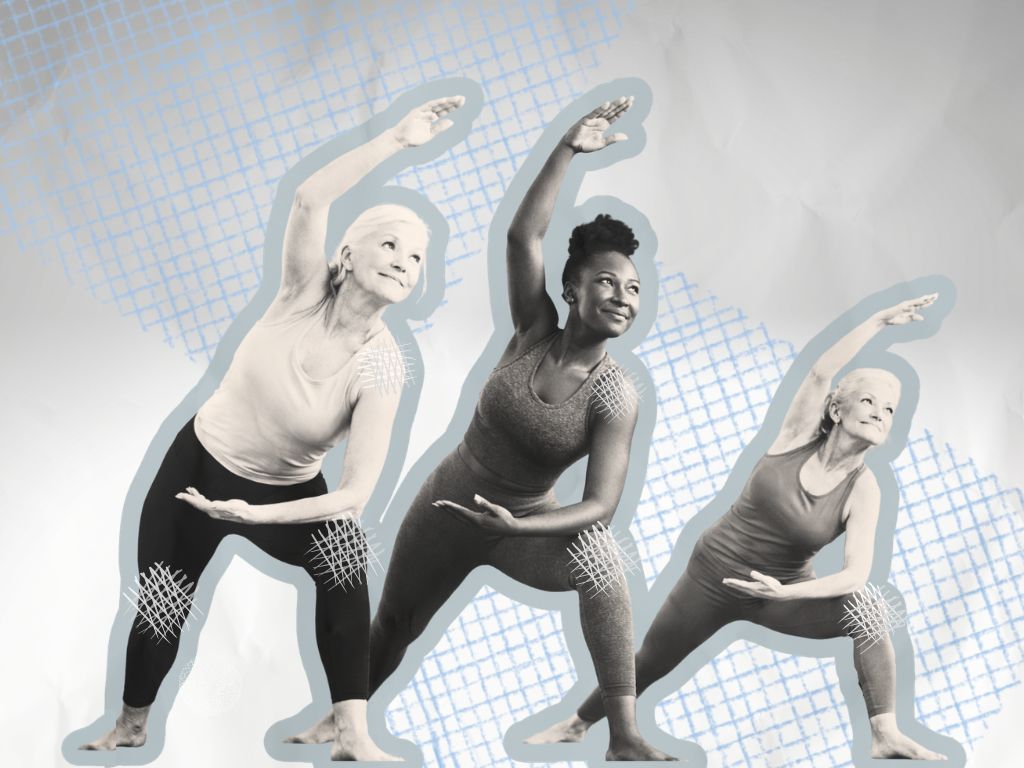
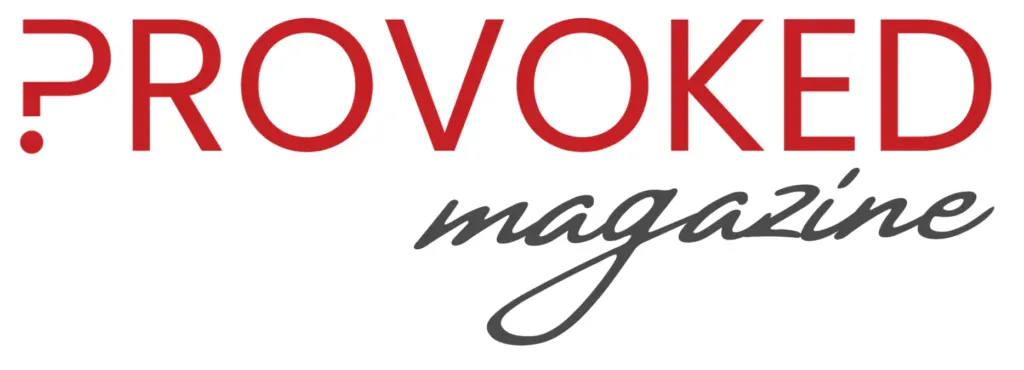
9 Responses
Post Menopause Haiku:
In my wisdom phase
I embrace my easy life
Fear gone, love remains.
Stella, you just captured the entire second half of life in four words. This is going on my wall. Thank you for this beautiful reminder. —susan
No more estrogen.
I have become a Vulcan.
Let the young flip out.
“I am so inspired by what I am reading….Keep following your dreams no matter what numerical age you happen to be! At 40 I gave birth to my only son. At 50 I bought my first Harley Davidson (it was not my first motorcycle). At 60 I literally ran away and joined the circus by working for Cirque du Soleil as a “fly in” (hiring manager in each city) then as the manager of their VIP Tent and traveled our western seaboard and the Canadian prairie. At 70 I discovered relatives that I never knew and flew to California for a wonderful family reunion.
I am now thinking about what to do in my 80th decade…..keep following your dreams!! love, Dorrie
Holy Smokes Dorrie! you are a rock star. Wowza – decade by decade, you keep outdoing yourself. You’re living proof that reinvention doesn’t come with an expiration date. Your story is a masterclass in saying yes to life every single year. Whatever you choose for your 80s, I have no doubt it’ll be bold, beautiful, and entirely your own. And please report back! Thank you for the inspiration—keep going, we’re all cheering you on! ❤️ —susan
Here’s my comment on being older
I’m growing older
Maybe bolder
It’s 64 degrees but could my feet be any colder
I have to use eye liner so it looks like I have lashes
I’m gobbling black cohosh
To chill the hot flashes
Should I dye my hair
Should I use a spray
I’m thinking maybe pink or blue
But do I really mind the gray
I’m growing older …
I’m looking in the mirror more
Not to see my pretty grin
I’m just double, triple checking
For those black hairs on my chin
My joints create a symphony
Every time I stand or crouch
And why do I need to pee so bad
Just when I’ve settled on the couch
I’m growing older …
But I push back a little here and there
With make-up and with tweezers
Imported slippers and ibuprofen
And stretch pants made for geezers
Lots of notes on Post-its
Hearing aids and Oil of Delay
The results are not dramatic
But they’re OK
I’m growing older …
But with each passing day
Each year I add a candle
I am wiser. I am stronger
There is more that I can handle
I can juggle hearth and home
With all its joys and sorrows
I’m standing tall though wrinkled
I am ready for tomorrow
(c) RUTH FENTON
Ruth, WOW!Witty, honest, and full of rhythm and resilience—I smiled, winced, and nodded all the way through. You captured what so many of us are living with humor and grace. Thank you for sharing this. Standing tall right beside you. 💪 —susan
This is my 67th year. As I sit and question value and purpose, I come across this article that so simply and yet profoundly articulates what I have been questioning. Wisdom and grace are mine to share. Such a beautifully written article, one to be shared far and wide.
Hi, so happy that this article resonated deeply with you at exactly the right moment. Wisdom and grace are indeed yours—and the world absolutely needs more of both. Keep questioning, keep sharing, and please keep showing up! —susan